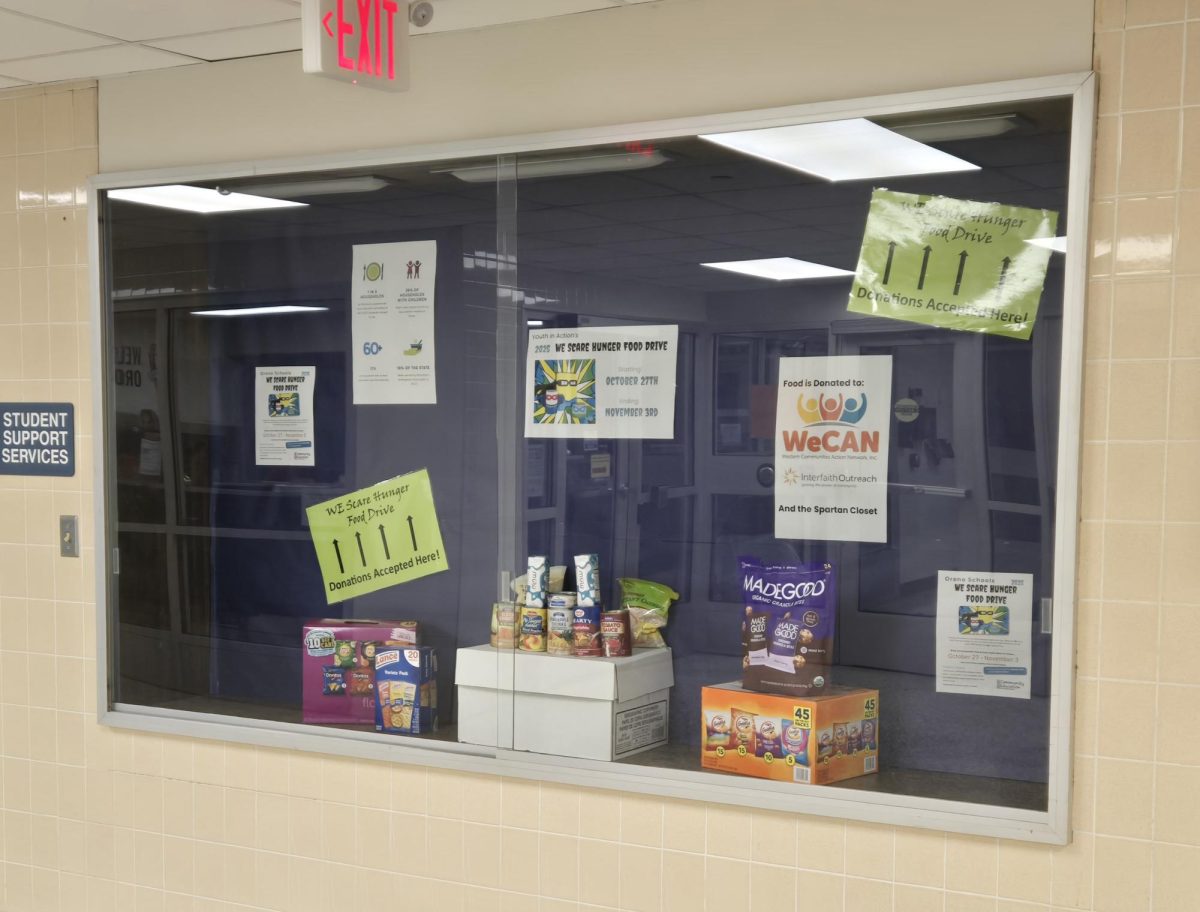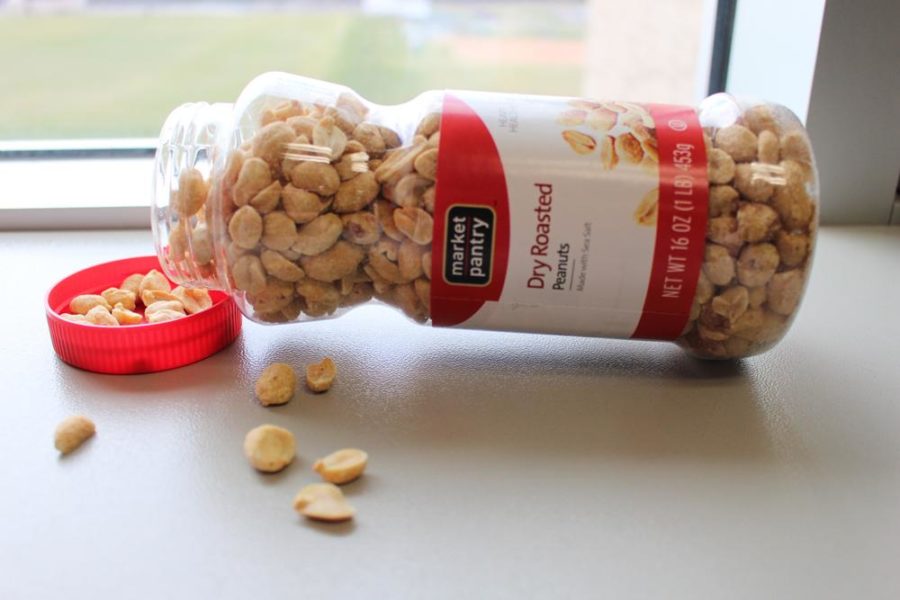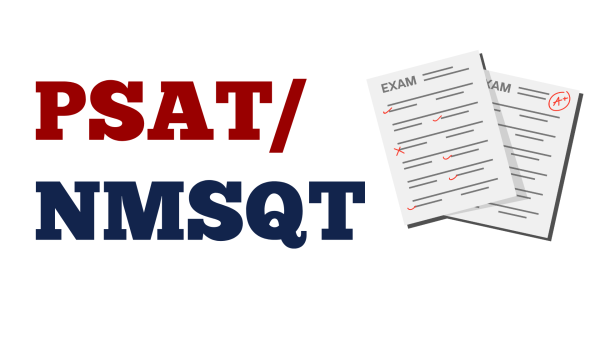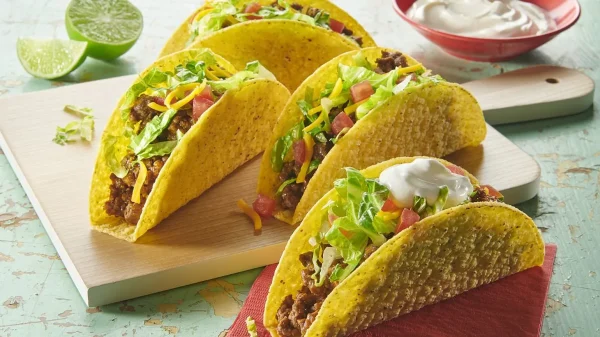Pondering Diet Decisions
With the increase of different dieting techniques, there are more ways than ever to become healthier. Dieting doesn’t necessarily mean weight loss; some diet for health, environmental and ethical reasons, according to The Vegetarian Resource Group. Some diet for health Some popular dieting habits are vegetarianism, veganism and gluten-free. Even though they exempt certain foods, one can still find ways to get their daily nutrition.
“The nuts that I’m allergic to aren’t that popular so making adjustments weren’t that hard for me.,” said junior Olivia Scharf.
Some may need to be on special diets because of allergies to certain foods. Common allergies include peanut, tree nuts, milk, egg, wheat, soy, fish and shellfish. According to Food Allergy Research and Education (FARE), 90 percent of all food allergies are those eight listed before.
“We have no peanuts in the house at all,” said freshman Will Kieley.
Most people think that vegetarians only don’t eat meat. However that is not the case; the other types of vegetarians include lacto-vegetarian, lacto-ovo vegetarian and ovo-vegetarian. According to MedlinePlus a vegetarian diet consists of plant food as a main source of nutrition.
According to the Mayo Clinic, lacto-vegetarians don’t eat any foods that contain meat, fish poultry or eggs. However, they do eat dairy products.
Lacto-ovo vegetarian are similar to lacto-vegetarians however, they eat dairy products and eggs but do not eat any kind of meat.
“I don’t agree with the way animals are treated in the meat packaging plants,” said junior Alison Tallen.
Ovo-vegetarians do not eat any kind of dairy products, meat, poultry or seafood but they allow eggs.
Another branch of vegetarianism is vegan. Vegans do not eat any kind of meat, poultry, seafood, eggs and dairy products. According to The Vegetarian Resource Group, they also try to avoid using any products that contain these items either.
According to the Mayo Clinic, the definition of a gluten-free diet “is a diet that excludes the protein gluten. Gluten is found in grains such as wheat, barley, rye, and a cross between wheat and rye called triticale.”
A gluten-free diet can be a treatment for the celiacs disease. People with celiacs must be gluten-free in order to prevent symptoms and complications, however sometimes extra treatment is needed in severe cases..
Very common foods have gluten in them are pasta, couscous, bread, flour tortillas, cookies and cakes. However, some risks of being on a gluten-free diet is not getting enough vitamins. Visiting with a dietician can ensure one will still be getting the nutrition and vitamins that they need.






















































